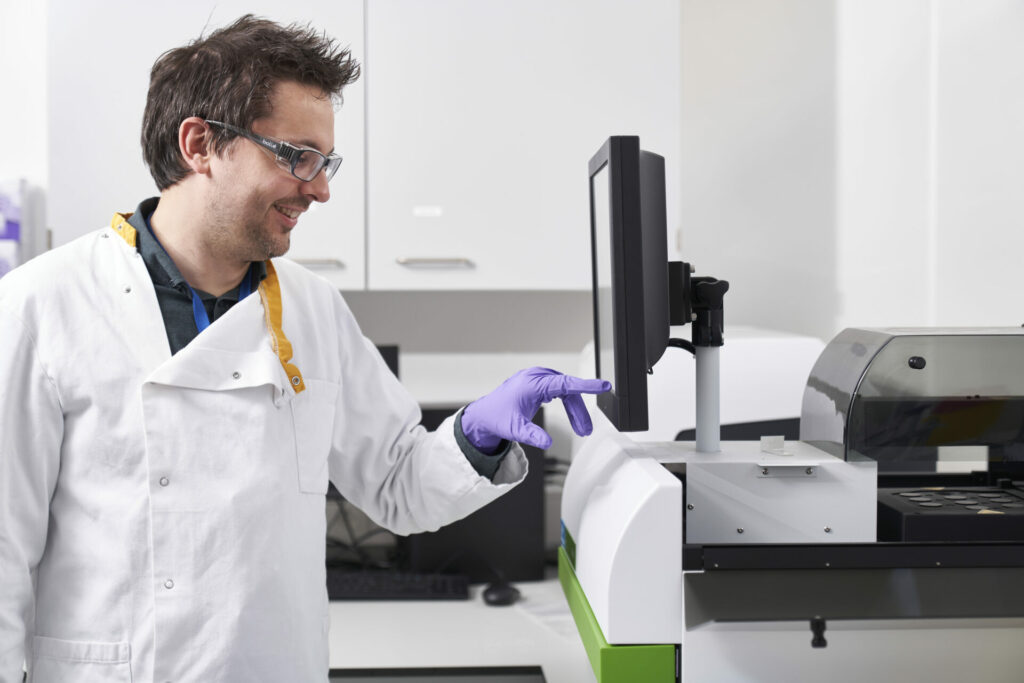Costing €100,000 per patient, the drugs Opdivo, Keytruda and Tecentriq were said to be able to increase cancer patients' survival rates. However, a recent survey by the AIM-IMA, the umbrella organisation for health insurance companies in Belgium, has revealed that half of patients having taken Opdivo died within a year of starting their treatment.
In 2016, two new drugs appeared on the Belgian market: Opdivo and Keytruda, closely followed by Tecentriq.
These three were sold at the price of €100,000 and had been described as being able to 'exponentially' increase the survival rate of cancer patients. However, the findings of a recent study from the AIM-MIA based on data from over 9,000 Belgian cancer patients who received this treatment, have shown quite the opposite.
Related News
- Depression or burnout cases in Belgium have almost doubled in five years
- Mental health of the elderly needs re-evaluating, says psychiatrist
- Europe lacks critical antibiotics amid strained supply chains
Half of Belgian patients who received Opdivo between 2016 and 2018 were found to have died within a year of starting their treatment, which reached 70% by the year 2019. For the drugs Keytruda and Tecentriq, similar results were achieved.
Furthermore, the AIM-IMA also revealed that one in 10 cancer patients had died within a month of taking these drugs which, in their view, indicated that "these new treatments were initiated when it is no longer appropriate."
Reasons behind these unsuccessful treatments
These drugs are a form of 'immune therapy' which improve a patient's immune system so that the body fights the cancer itself. This results in the treatment's success heavily depending on the type of cancer, according Bart Neyns, professor of oncology at UZ Brussel.
For example, metastatic skin cancer patients having followed for the treatment "now have a 50% of being alive five years after starting treatment," with a further 25% having been 'cured' from their ailment. However, Neyns stated that doctors could select the skin cancer patients who are most at need of the treatment, as everything else has failed for them.
In comparison, for lung and kidney cancer patients having taken these drugs, the survival rate is far lower. But even then, "we do not have a really good view on it." This is due to there being "insufficient scrutiny of what outcomes can be achieved or how doctors can correctly distinguish between patients who do and do not benefit from the treatment."
As a result, there have been calls for the Federal Government to prioritise treatments that are shown to be effective, with the Public Health Minister Frank Vandenbroucke telling De Standaard that "we are now opting in Belgium for a policy that can provide the most humane but also efficient care for cancer patients."

